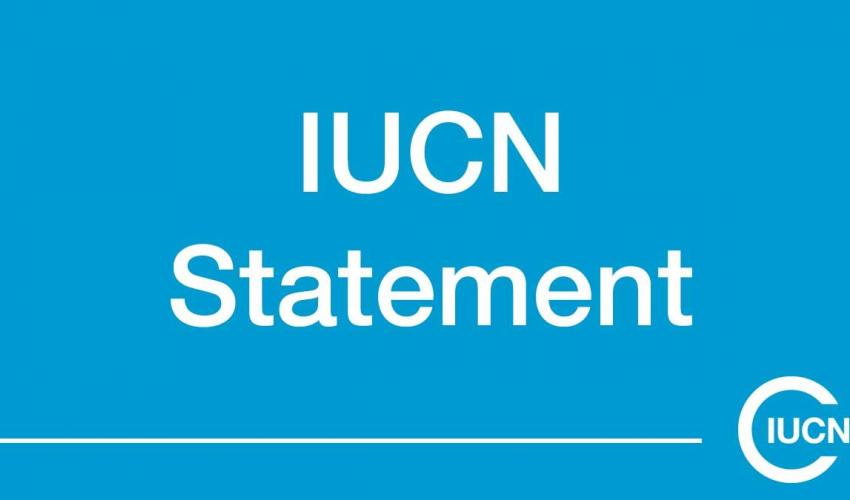Systems that save biodiversity
Regulations cannot guarantee conservation of biodiversity, reveals the EU-funded research project GEM-CON-BIO. The most successful governance patterns for biodiversity conservation are based on a mix of financial incentives, regulations and voluntary engagement, according to thirty case studies analysed in the project.

Photo: Alastair Rae
These patterns could, for example, encourage Europeans to use biodiversity in a sustainable way (through hunting, angling, plant gathering, etc.). Already today, tens of millions of Europeans take part in such activities, spending more than 40 billion euros annually – and supporting the conservation of ecosystems as a side-effect. In general, this use of natural resources is not harmful for biodiversity, as shown by one pan-European case study.
Research shows how governance patterns impact biodiversity
GEM-CON-BIO (Governance and Ecosystems Management for the Conservation of Biodiversity) compared governance structures in biodiversity contexts as diverse as:
- Europe (such as in Biosphere reserves in Germany and in the Danube Delta, public and private forests and wetlands across Europe, the North Sea Fisheries, etc.);
- USA (such as the Habitat Programme of Maine where towns have to develop credible habitat management plans before they receive public funds for other needs); and
- Other parts of the world (such as Mongolia or Ethiopia where traditional institutions and community management seem to regain credibility as effective biodiversity management and conservation practices).
Today’s policy conference evaluated the applicability of the resulting guidelines with European policy makers at all levels of governance (local, regional, national, international). These guidelines highlight the best practices and articulate recommendations on their application.
GEM-CON-BIO is funded through the EU’s sixth Framework Programme for Research and Technological Development. The project falls under Priority 7 - Citizens and Governance in a knowledge-based society. It runs until the end of April 2008, and brings together 9 partners from 7 European countries, plus partners from Iran, Indonesia, and Bolivia. The project is led by the Aristotle University of Thessaloniki, Greece. IUCN is a full partner in the project, and is coordinating the organization of the policy conference.



